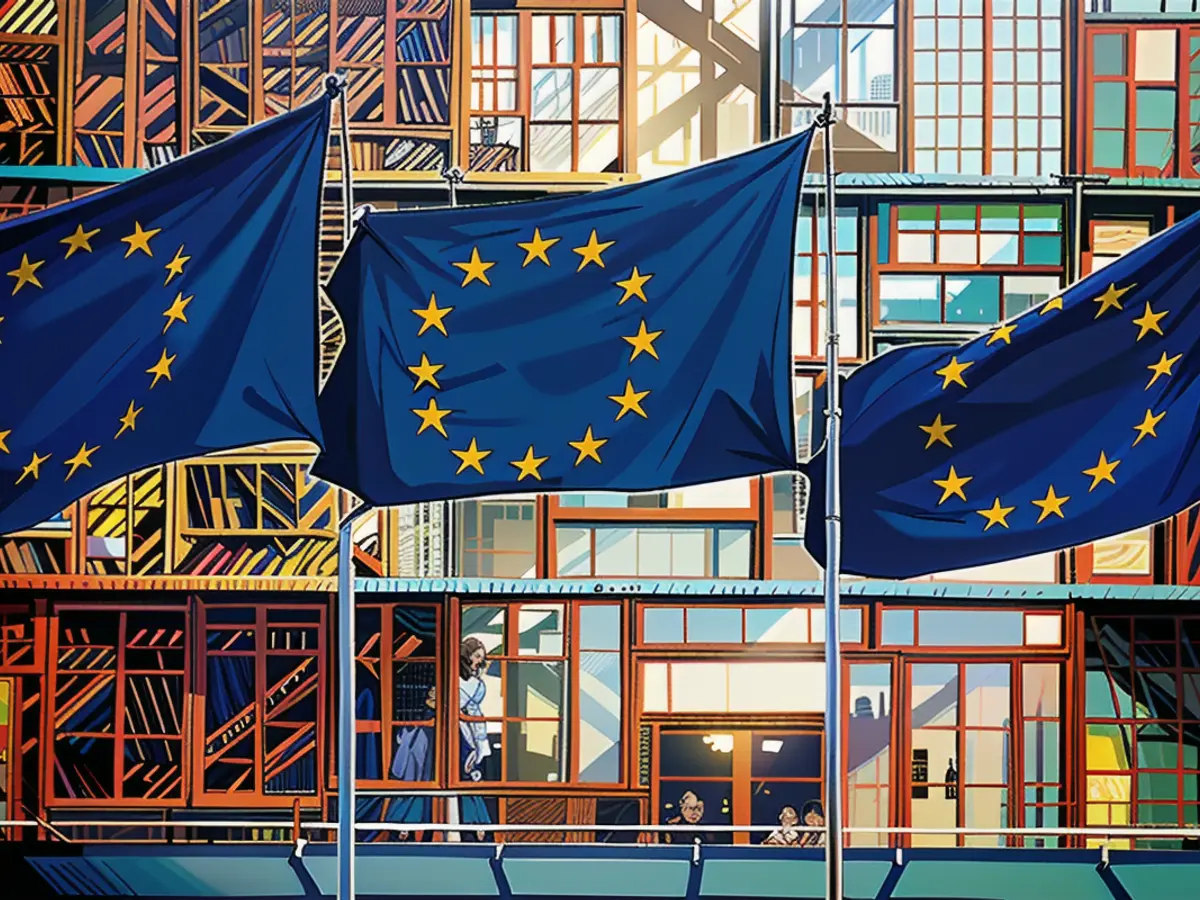EU strengthens regulations for online accommodation reservation platform Booking.com.
Booking.com, a popular accommodation booking platform, will now have to follow stricter rules in the European Union due to its enormous market power. The European Commission chose to place the company under the Digital Markets Act (DMA), which aims to reduce the market power of large digital organizations. Because of this, Booking.com must provide better conditions for providers of hotels and vacation rentals.
With these new rules, consumers using Booking.com for accommodation will have more choices and freedom. Moreover, the platform must provide fair access to its services for providers as well. This could potentially lead to more flexibility when it comes to booking and cancellation terms.
Booking.com is categorized as an essential player in Europe's travel industry, acknowledges EU Digital Commissioner Thierry Breton. The European Commission aims to make sure that the company obeys all the DMA requirements, he urged. Booking.com is given a grace period of six months to implement these changes before submitting a detailed report to the Commission.
The Commission is pondering whether the online service X (previously known as Twitter) falls under the law's umbrella. The company, owned by Elon Musk, contended that it did not hold any market dominance despite its massive user base, citing services like Threads and Mastodon as viable alternatives.
Brussels plans to control the market power of so-called internet gatekeepers through the Digital Markets Act. This law applies to major companies like Google's parent, Alphabet, Amazon, Apple, TikTok's parent, Bytedance, Meta, and Microsoft. Google, for instance, can no longer prioritize its services in search engine results, whereas Apple must allow alternatives to its App Store.
Proceedings against Apple, Google, and Meta for potential violations of the new regulations are already underway. If these accusations are upheld, the companies could be fined up to 10% of their global revenue. In extreme cases, the EU Commission has the authority to order the dissolution of a corporation.
Read also:
- Year of climate records: extreme is the new normal
- Precautionary arrests show Islamist terror threat
- UN vote urges Israel to ceasefire
- SPD rules out budget resolution before the end of the year
- The stricter rules imposed on Booking.com by the EU under the Digital Markets Act (DMA) are expected to offer more choices and freedom to consumers, as the platform will have to provide fair access to its services.
- As Booking.com is now subject to the EU's Digital Markets Act, it is required to offer better conditions for hotels and vacation rentals providers, which may result in more flexible booking and cancellation terms.
- The European Commission is closely monitoring Booking.com's compliance with the Digital Markets Act, as the company represents a significant player in Europe's travel industry, according to EU Digital Commissioner Thierry Breton.
Source: www.ntv.de








